Oslo, Norway
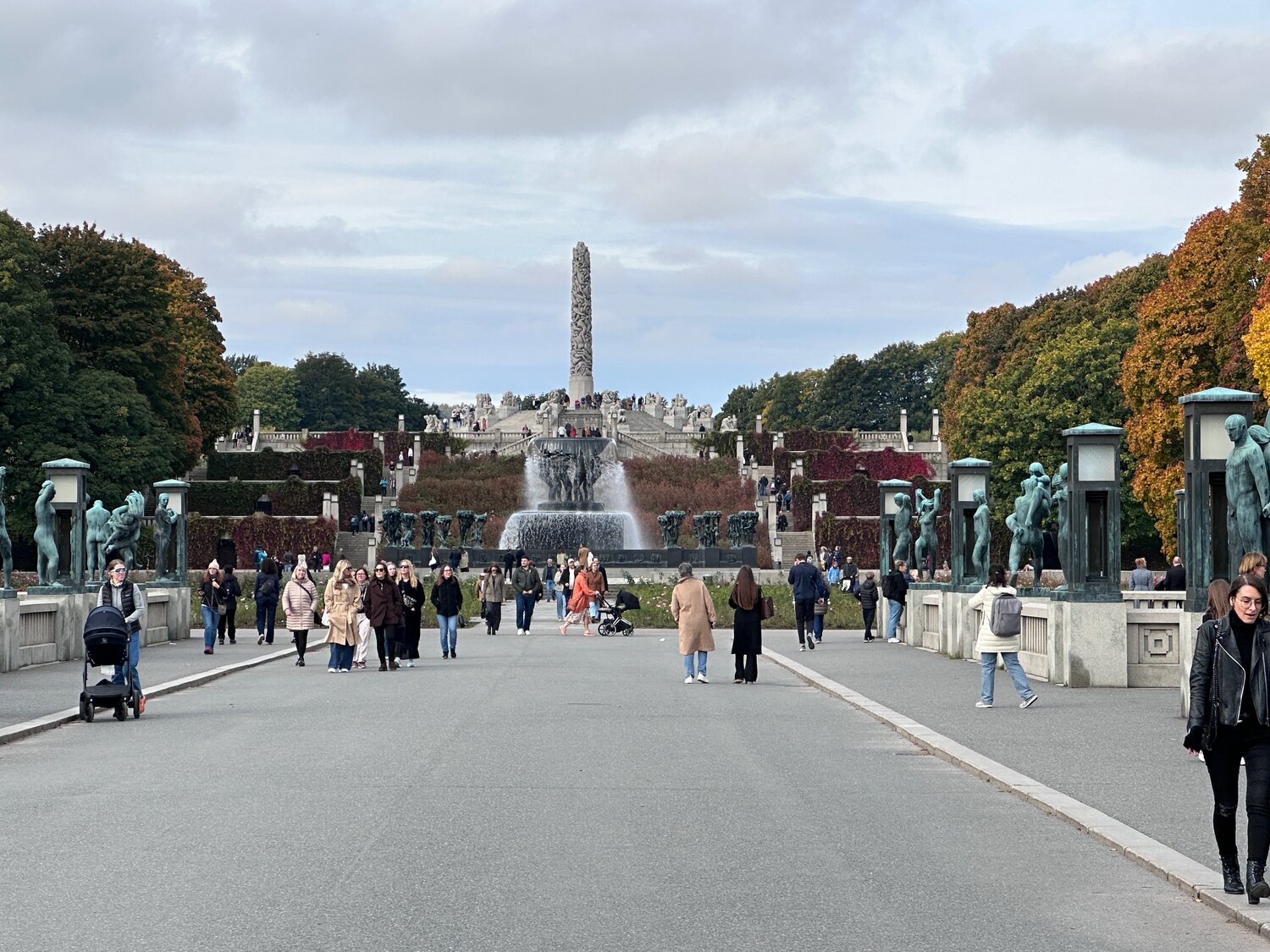
Valerie and I traveled for three weeks in Scandinavia, visiting seven cities (including our excursion to Tromso and the Arctic Circle, which I already posted). The cities of Northern Europe have become synonymous with international agreements – the Oslo Accords (Israel and the PLO), the Helsinki Accords (the USSR and Western Europe), The Stockholm Agreement (Yemen), and others.
We flew to Oslo from The Hague. Oslo is a lovely city, with beautiful parks and cultural institutions, and engaging and moving public sculpture.
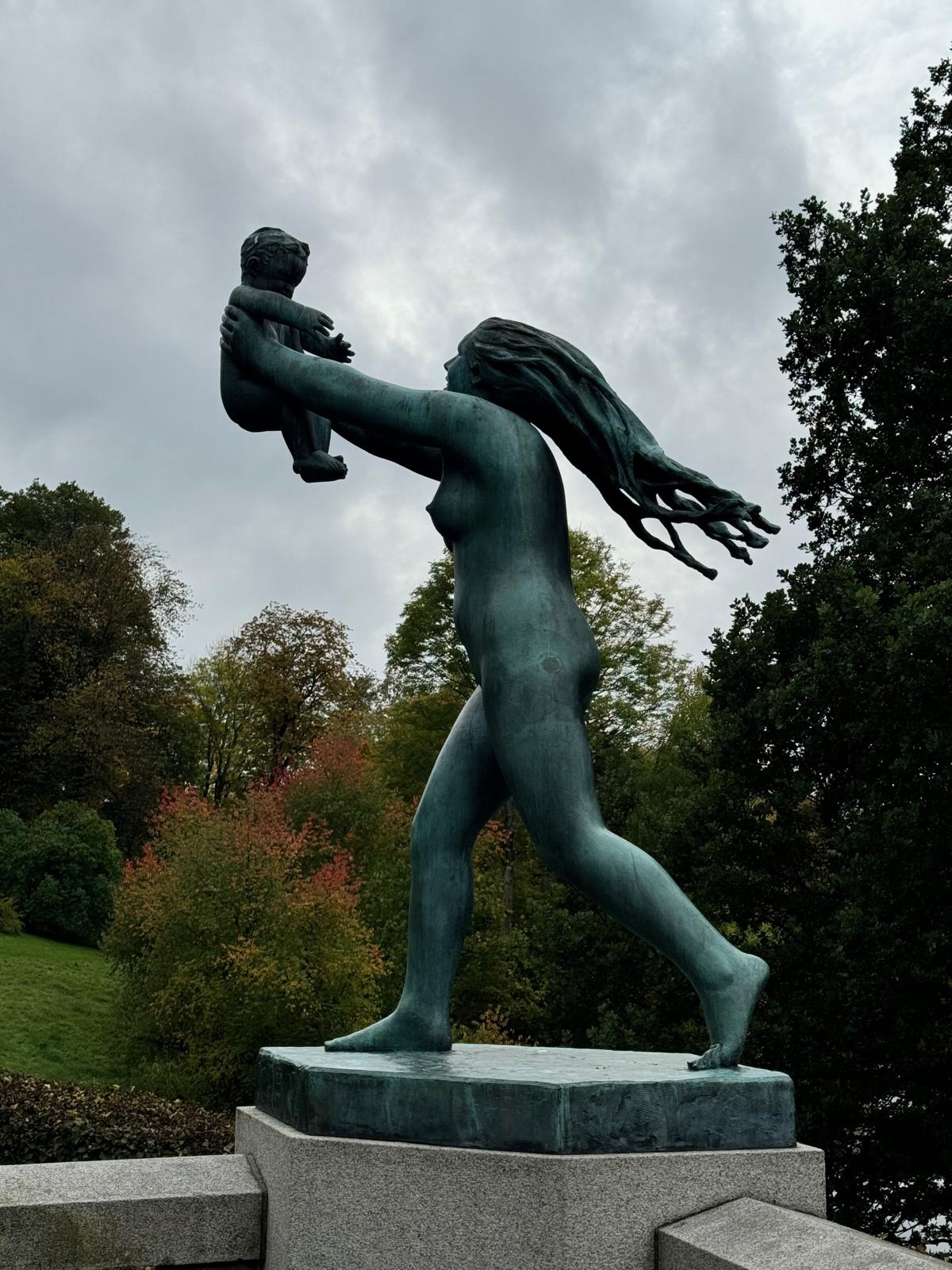

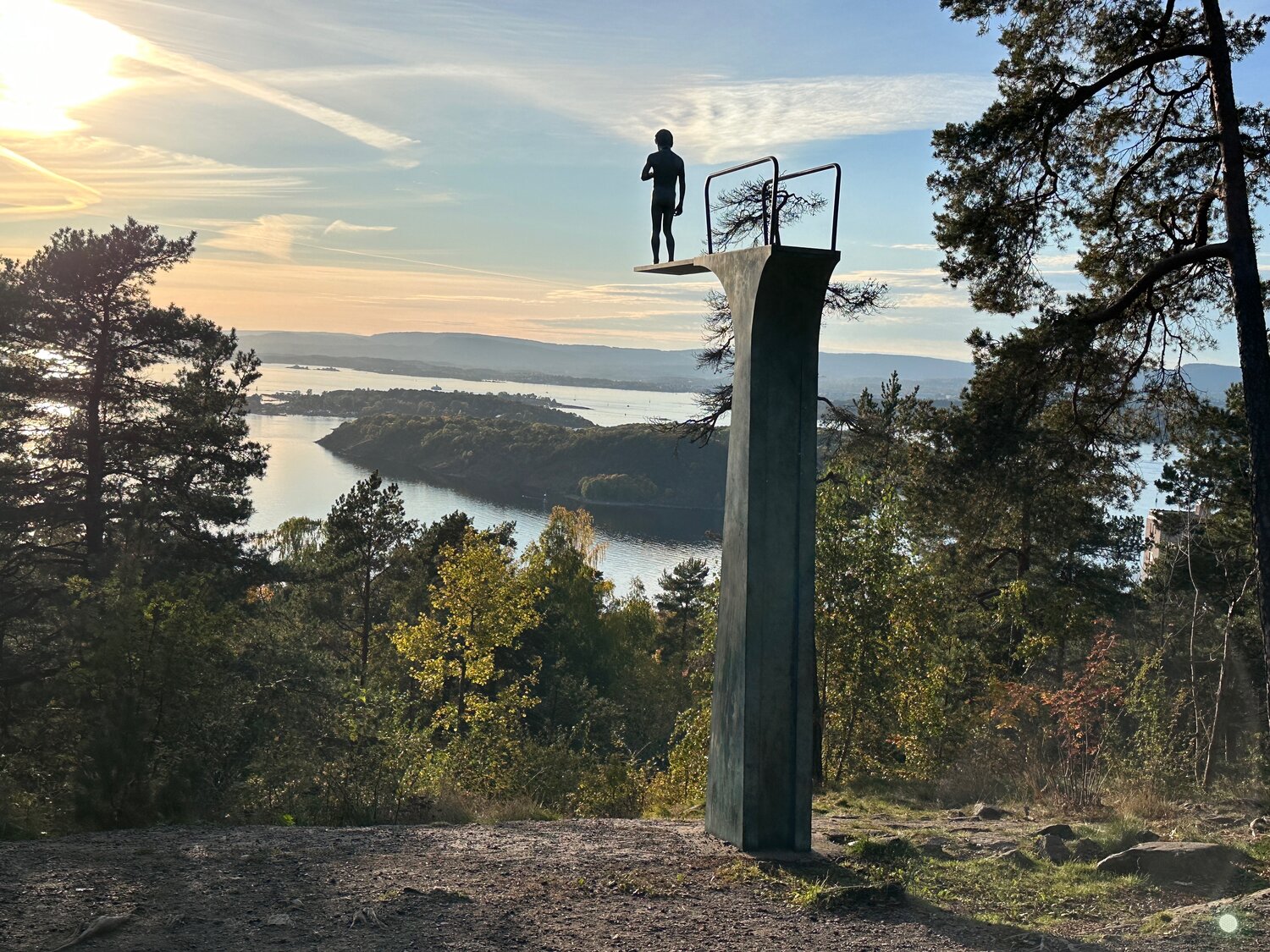

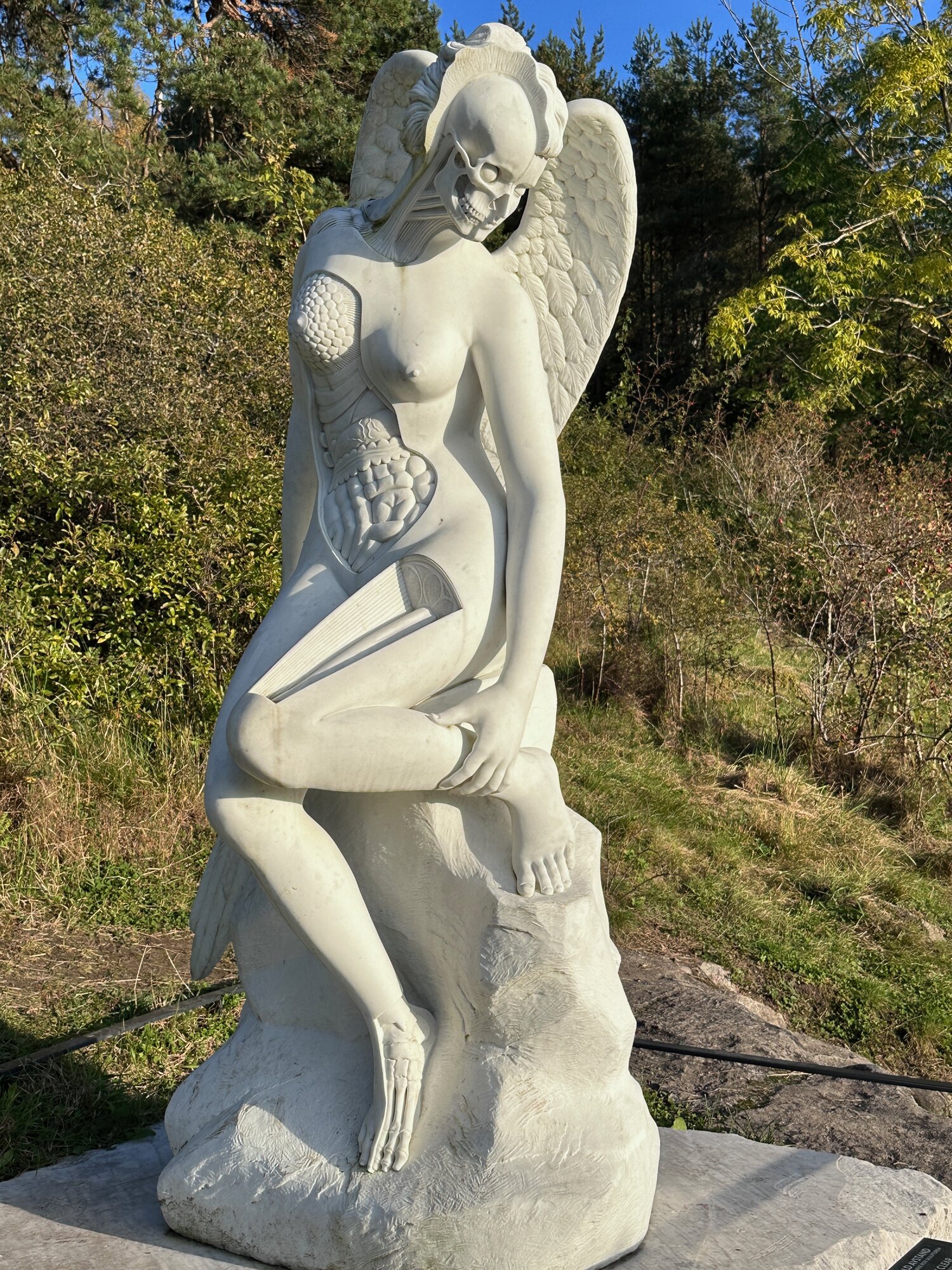
Oslo calls itself the “City of Peace” (though others do, too - see “Geneva, City of Peace”). As I noted in the “My Nobel Pursuit” blog entry, Oslo houses the Nobel Peace Center and the Norwegian Nobel Peace Institute, and the Nobel Peace Prize is awarded at Oslo City Hall. So the idea of being a City of Peace is central to Oslo’s identity.
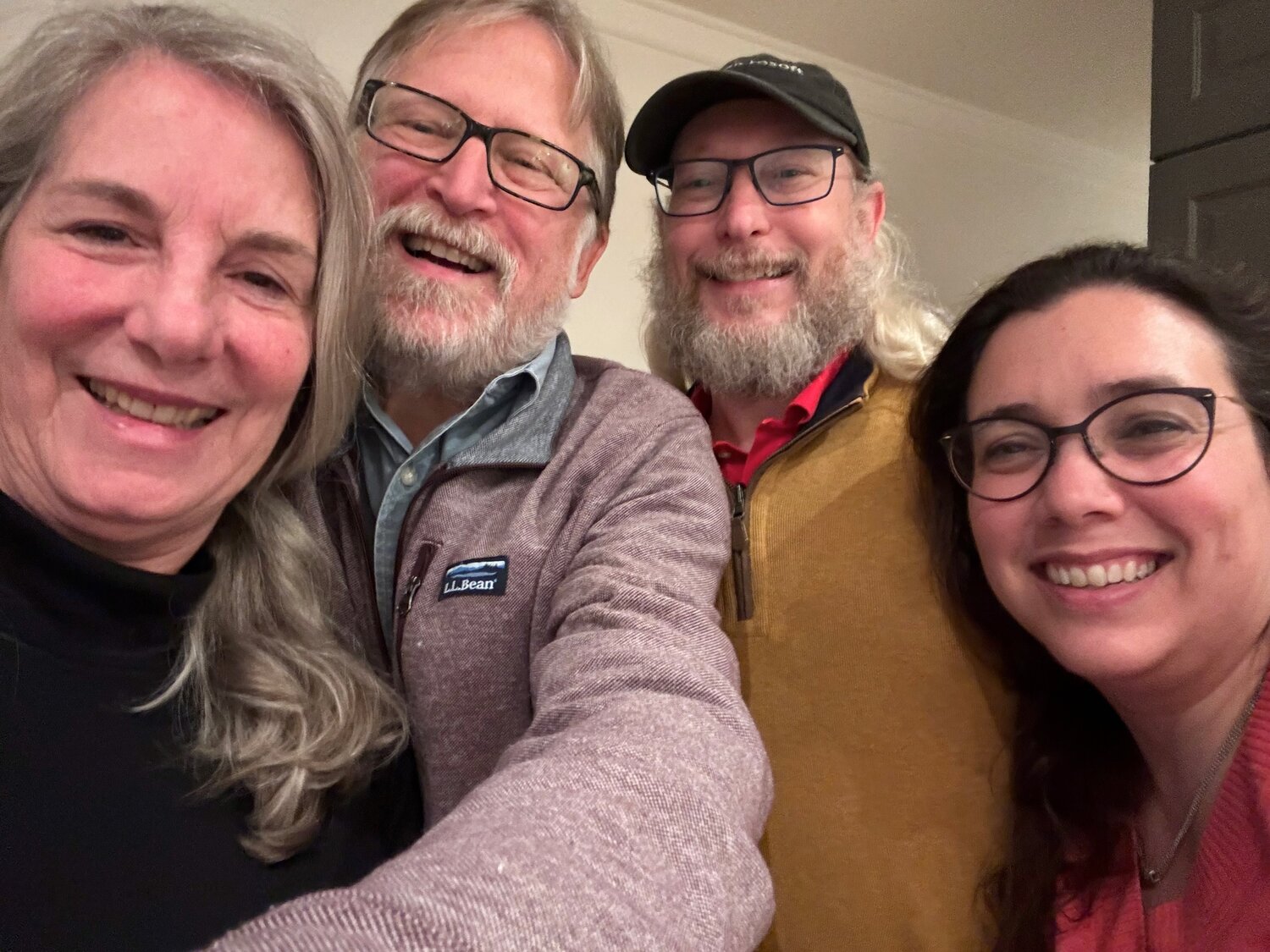 A moment of merriment with the Chris and Haviva
A moment of merriment with the Chris and Haviva
Before I get to my meetings with the remarkable peace organizations in Norway, we were delighted to meet Chris and Haviva, relatives of the Osheroffs, friends of ours here in Atlanta. We were in Oslo over Rosh Hashanah, and so we accompanied the Mitchell family to an evening gathering run by Chabad in a rented room in a soccer stadium. There was a service, but the gathering was not about the service; it was a chance members of the small Oslo Jewish community to sit together, to eat a meal, to discuss issues ofimportance. There was something lovely and deeply moving about it, and, having lived in cities most of my life with significant Jewish populations, it reminded us of the importance of community in those places where Jews feel isolated. Ubiquitous signs and flags that remind you that the Norwegian people in general are Palestinian sympathizers can further increase the sense of isolation. The Mitchells showed us around Oslo, we had a lovely dinner with them, and hung out a bit at their apartment. Very grateful for their hospitality and warmth.
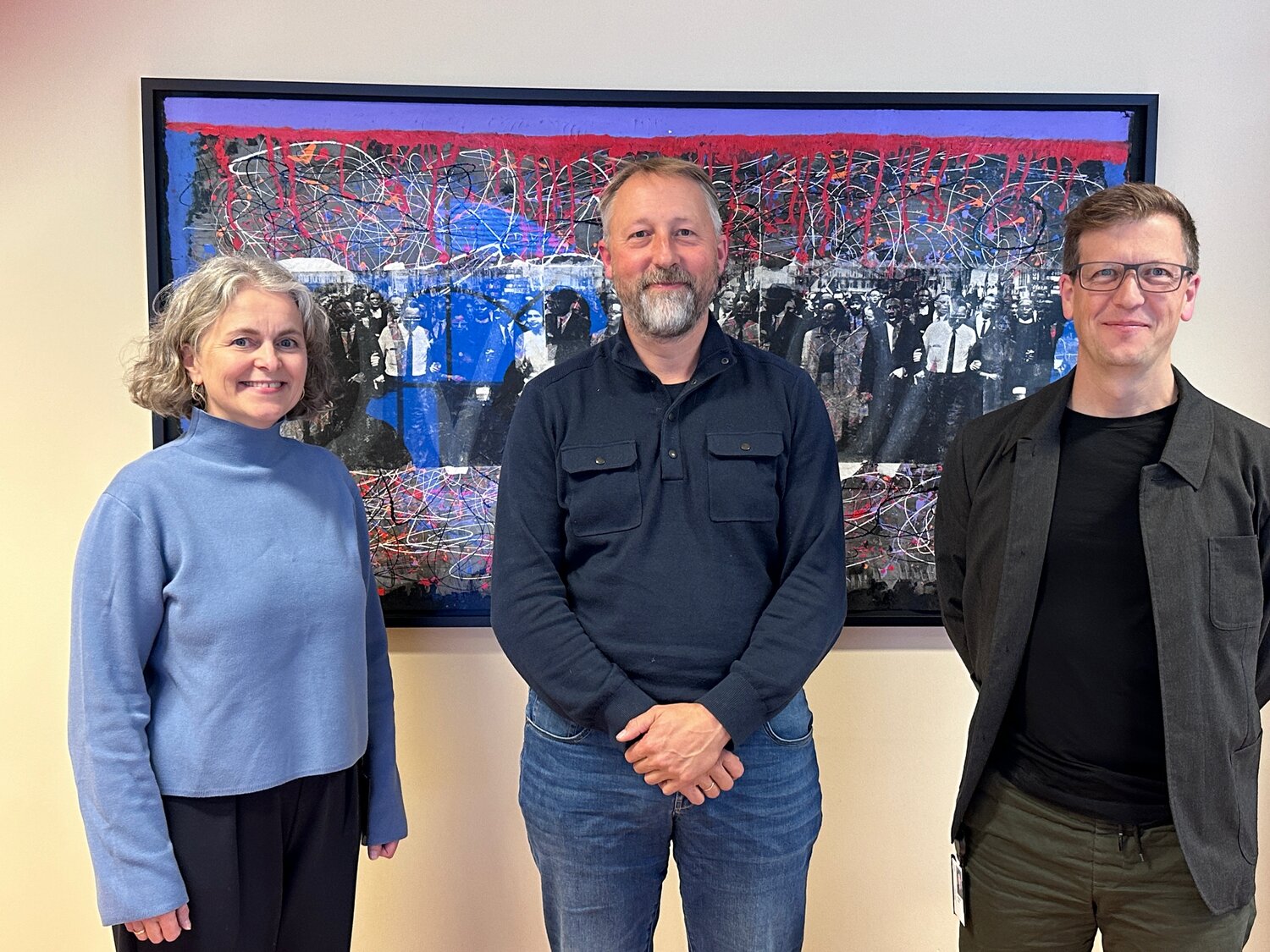 Torunn Tryggestad, Henrik Urdal, and Kristoffer Lidén of PRIO. I was fascinated that the large picture they are standing in front of - prominent in their office - is of Martin Luther King and other American civil rights marchers on the march to Selma.
Torunn Tryggestad, Henrik Urdal, and Kristoffer Lidén of PRIO. I was fascinated that the large picture they are standing in front of - prominent in their office - is of Martin Luther King and other American civil rights marchers on the march to Selma.
My first professional meeting was with PRIO, the Peace Research Institute of Oslo. I met with the Director, Henrik Urdal; the Deputy Director, Torunn Tryggestad; and Kristoffer Lidén, Research Director. PRIO is an independent, non-profit, research institute, though government funded for specific projects. It is the largest social science research institute in Norway, with between 150-160 people, representing 30 nationalities. PRIO is also mandated to communicate its research to the public. It is part of consortium of research institutions funded by the Flemish Peace Institute.
I have written before on how fascinating Belfast is as a study of (attempted) conflict resolution in an ongoing struggle; PRIO does the same in Cyprus, where the Turks and Greeks are still in what PRIO calls a “frozen” war (which is equally true of Belfast). PRIO works in Track 2-3, that is, with organizations and the public, not so much with high officials. They look critically at the impact of dialogue; the success of mediation depends a lot on the political context, on how much the pursuit is supported by the political systems involved (these days, generally, not so much). The UN and, in general, European organizations are declining in their participation in peace mediation.
The kinds of problems they look into are immediately sobering. They research things like maternal health outcomes in armed conflicts and sexual and domestic violence, or the 300,000 people killed in less than 24 months in Tigray Ethiopia. Torunn runs a center that tries to encourage women’s participation in peace negotiations, and to train people in gender and peace mediation.
Kristoff is interested in ethics in peace and humanitarian negotiation (which, of course, immediately perked my interest). There is a considerable opportunity for the new Center at Emory to help with that conversation; the ethical challenges in doing peace work and conflict mediation are legion, yet the literature is not well developed. Ethics and peace? Hmm….
 Jana Krause of PECOS
Jana Krause of PECOS
I also met with Jana Krause of PECOS, a center for Peace and Conflict Studies. They are focused on Track 3, the community – developing techniques of non-violent conflict resolution, actually inspired by work that was going on in the United States. They try to develop and study organic community strategies to reduce violence and build resilience. They work in place like sub-Saharan Africa, South Sudan, Indonesia, and Myanmar (though much harder there since the 2021 coup). The focus is on peace research with a political science lens, qualitative but empirical, and they generate policy advice, agency briefs, and public and academic talks.
They also run a master program in peace conflict education (for which they get over 800 international applications for their 25-30 spots). They have a powerful alumni group, and also train senior policy makes, so they have alumni who are diplomats, in government, and working with NGOs, many back in their home countries. The focus on non-violent conflict resolution is hopefully a force in negotiating around violence in some of these countries more used to solving conflicts with the force of arms.
Finally, I also visited NOREF, a governmental organization started in 2008 by the Minister of Foreign Affairs of Norway which funds 100% of their budget. They actively try to mitigate actual conflicts, and are thus very applied. They work at Track level 1.5 – heads of governments and significant non-governmental actors. They therefore keep a low profile and do not issue public reports, and asked me not to write about the details of what we discussed. So I will only say that I was impressed by the importance of the work that they do.
Really enjoyed Oslo, would love to visit again.
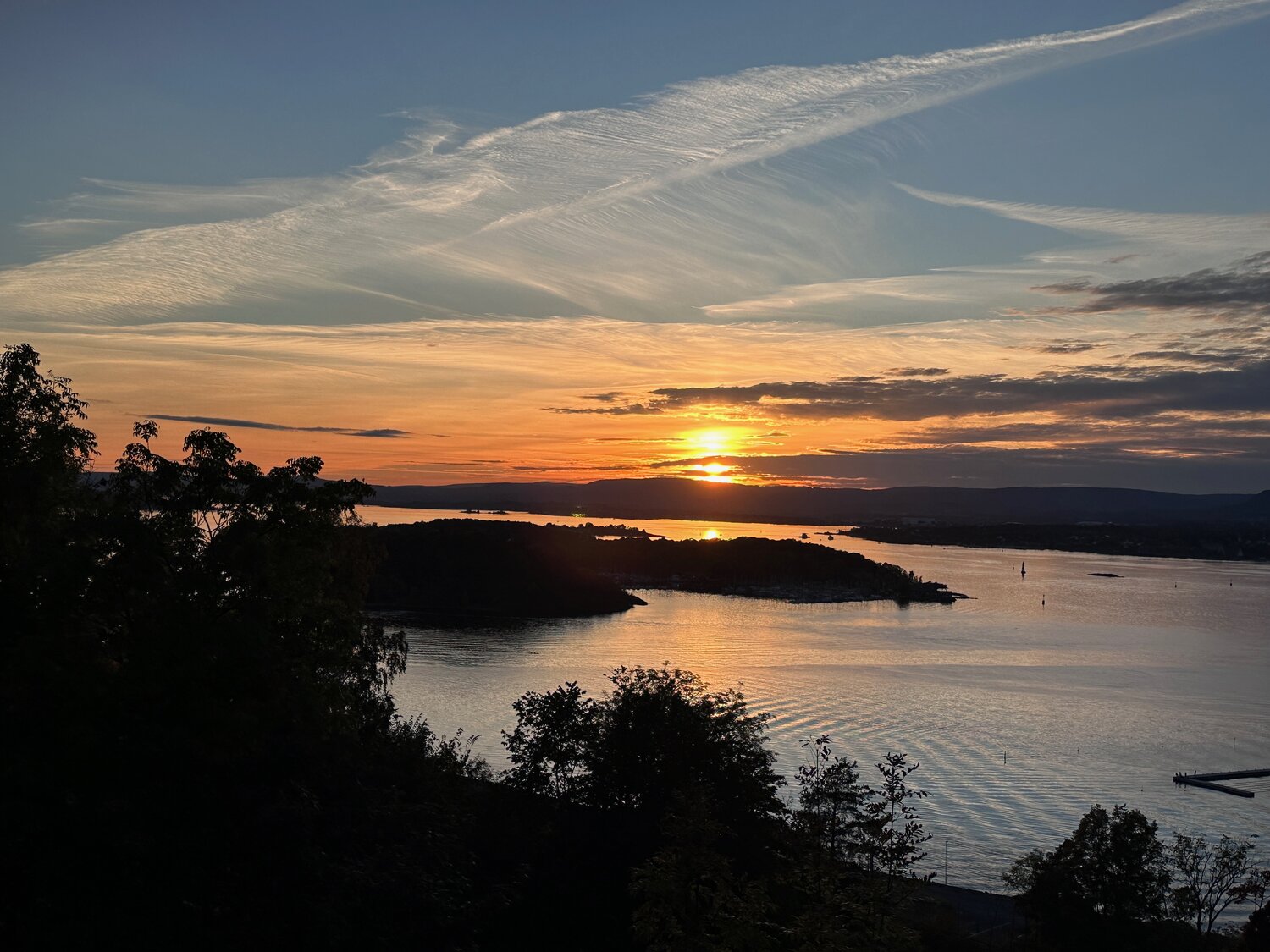
PREVIOUS


